Let’s Celebrate Black Businesses and Black Philanthropy
In August, we honor and celebrate two observances that recognize Black people’s contributions to economic empowerment and philanthropy.
Black Business Month was started in 2004 by civil engineer Frederick E. Jordan and newspaper editor John William Templeton to celebrate the importance of Black-owned businesses and their contributions toward equity.
Black Philanthropy Month was launched in 2001 by Dr. Jackie Bouvier Copeland with support from the then Pan-African Women’s Philanthropy Network to amplify the altruism of people of African descent.
Both observances are the products of institutions that may seem all but nonexistent to mainstream society. But they’re there.
And according to the philanthropic organization Tides, nearly two-thirds of African-American households donate to organizations and causes—totaling $11 billion each year—despite the racial wealth gap that puts African Americans’ income behind that of other racial groups.
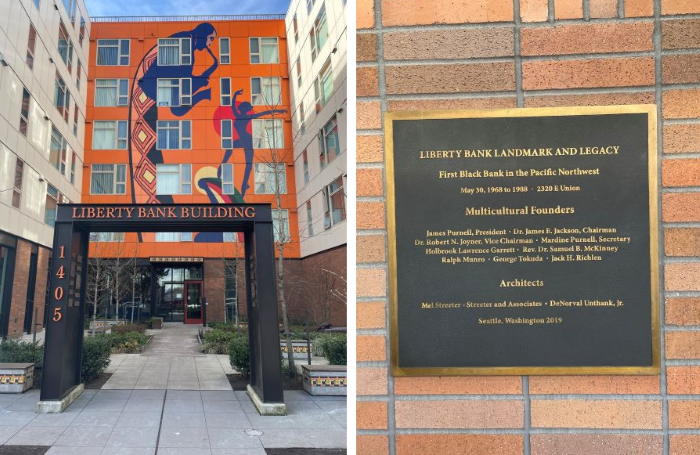
Some of that giving comes from Black businesses who pay forward the patronage of their communities. The bulk of those Black businesses are in the nation’s African American hubs such as the Atlanta and Washington, D.C. areas, which rank one and two, respectively among the highest percentages of such businesses, according to LendingTree. In Seattle, 1.5% of all businesses are Black-owned, placing the city 43 among the top 50 cities with Black-owned businesses.
But there have been many efforts to increase those numbers in Seattle and all of King County. That includes United Way’s efforts to help entrepreneurs like chef Kristi Brown, owner of the catering service That Brown Girls Cooks and COMMUNION restaurant in Seattle. United Way helped Brown launch her businesses via our then Individual Development Account program, which set up savings accounts with matching funds to help people realize dreams of buying homes or starting ventures.
United Way has enjoyed Kristi’s cuisine since we enlisted her catering service for serving up delicious dishes at our meetings and receptions. She was a featured chef at our Eat, Drink & Be Generous event at the Paramount Theater in June.
United Way has been intentional about businesses owned by people of color at our events, including our Second Annual Community BBQ, which features such Black-owned businesses as C. Davis Texas BBQ and Carolina Smoke BBQ & Catering. In January, our first Advancing Racial Equity series of the calendar year focused on the topic, How Black, Indigenous, and People of Color Businesses Benefit Us All. The event at Seattle University’s Pigott Auditorium offered insight into the triumphs and challenges of businesses owned by Black, Indigenous, and other people of color.
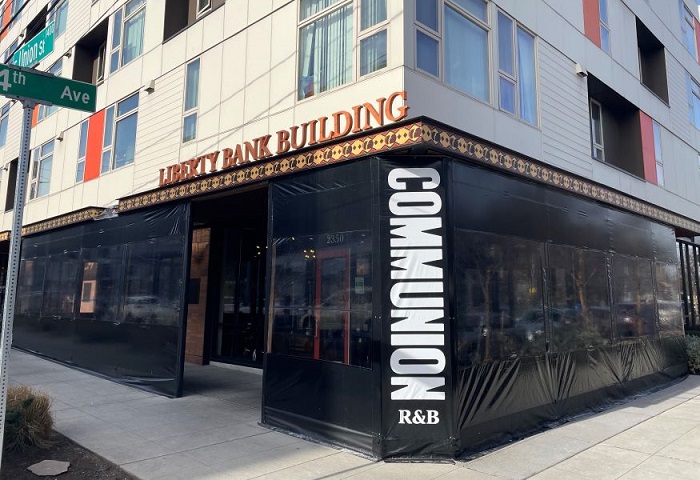
The event featured Seattle Seahawks legend Doug Baldwin Jr., the founder and CEO of capital venture firm Vault 89 Ventures (and current United Way board member); Laura Clise, founder and CEO of the Intentionalist, an online guide to intentional spending that supports small businesses and diverse local communities; and Efrem Fesaha, founder and CEO of Boon Boona Coffee, a Renton-based, exclusively African sourcing roaster.
Each spoke about what it takes to be successful and paying it forward so others can be as well.
“In order to be successful be it a championship team or organization, it takes sacrifice,” said Baldwin that evening. “I want to make money. In a business sense, you have to make money to keep the lights on. But the money we make, we turn it right back around and turn it back into the community.”
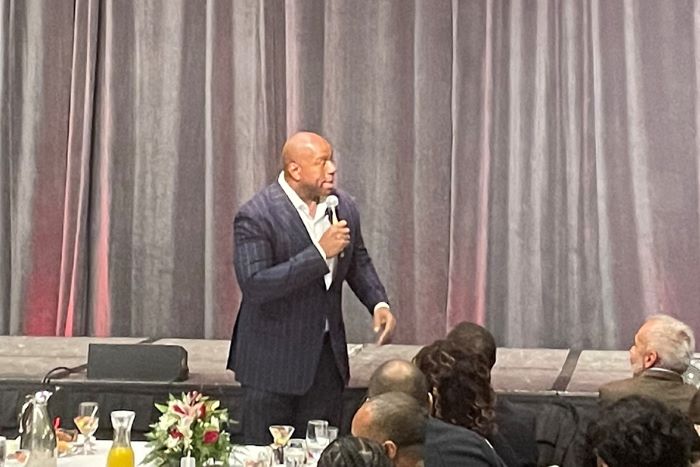
The panelists and other business leaders nowadays speak about being intentional, deliberate, and purposeful in supporting Black-owned businesses, and the practice highlighted since the 2020 murder of George Floyd and the subsequent summer uprising. But the truth is, when it comes to supporting Black-owned businesses and being philanthropic, Black folks have done that for generations. We simply didn’t have a name for it.
Before COMMUNION, there was R&L Home Of Good Bar-B-Que on Yesler Street. Before many African Americans took their earnings to Bank of America or Wells Fargo, we patronized Liberty Bank on 24th Avenue and East Union Street. And before Rite Aid or CVS there was Russell Gideon’s pharmacy, which was both a drug store and five-and-dime. My family frequented those Black-owned businesses though they were not in our neighborhood, and now I realize that long before the word “intentional” was in the vernacular, that was what my mom and dad were doing.
They were being very intentional about where they invested their money and their patronage. And it was out of supporting entrepreneurs and businesspeople who looked like them.
Part of seeing and appreciating all members of our community, and in this case the descendants of formerly enslaved Africans is the recognition that Blacks have always been community-minded, in both where we shop and when and how we give. Black folks have historically been active in what we refer to today as philanthropy. In the old days, giving often showed up in what you did in your church or faith communities.
Part of seeing and appreciating all members of our community, and in this case the descendants of formerly enslaved Africans is the recognition that Blacks have always been community-minded, in both where we shop and when and how we give.
United Way president & CEO Gordon McHenry, Jr.
Nowadays, we see that philanthropic spirit when we are out raising funds for important issues in our community and how much passion donors who are Black bring. Sometimes, that shows up through the support of United Way in general and other times it shows up specifically through the support of our Black Community Building Collective, a coalition of 14 Black-led organizations brought together by United Way of King County to build relationships, form strategies, and implement those strategies with United Way funding.
Much of the work around celebrating both Black businesses and Black philanthropy over the past few years is focused on changing the narrative—seeing possibilities and not barriers, abundance and not deficits, and the importance of belonging. That’s why we encourage folks to support Black-owned businesses as well as those who are participating in whatever way they deem meaningful of Black philanthropy.

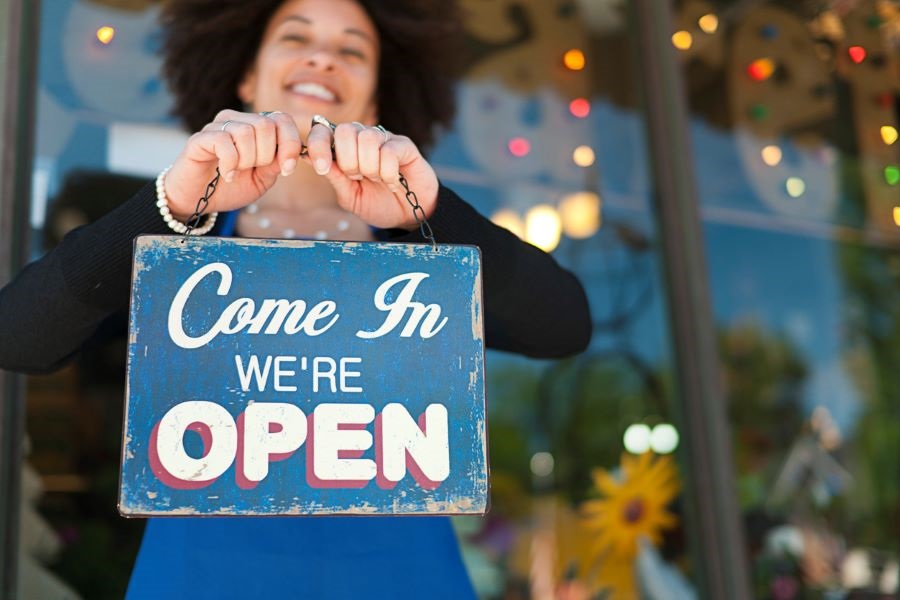
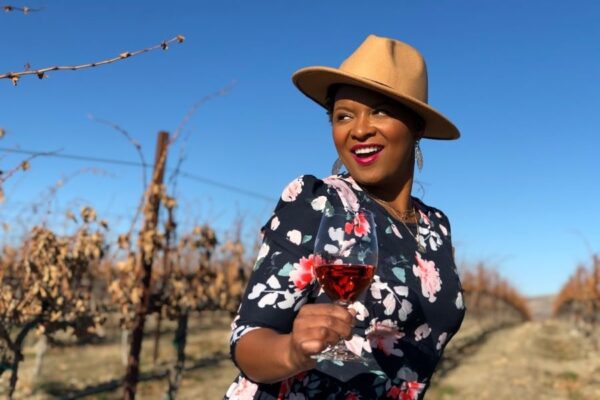
Comments